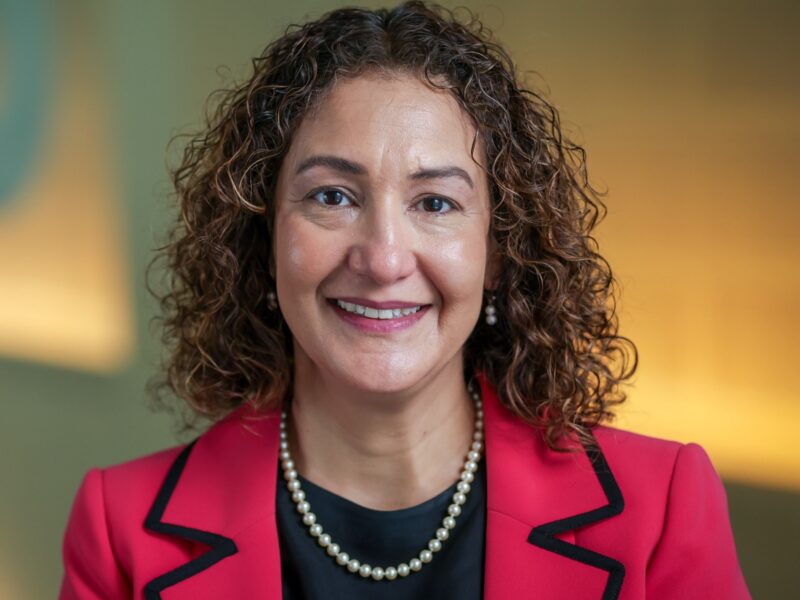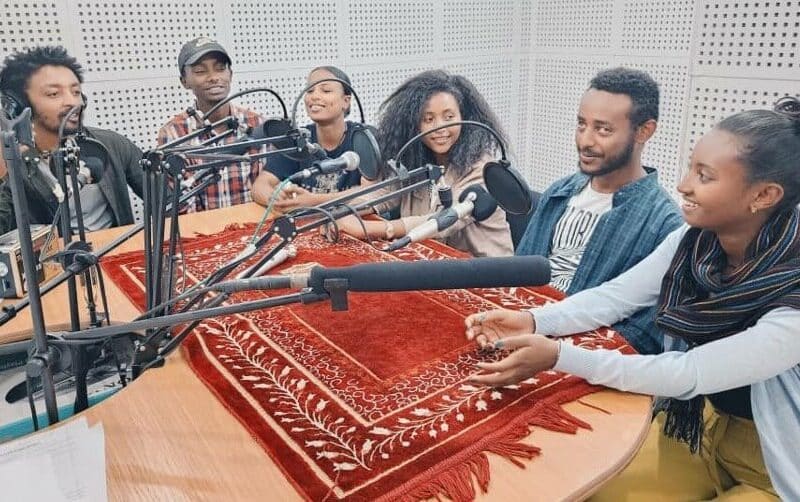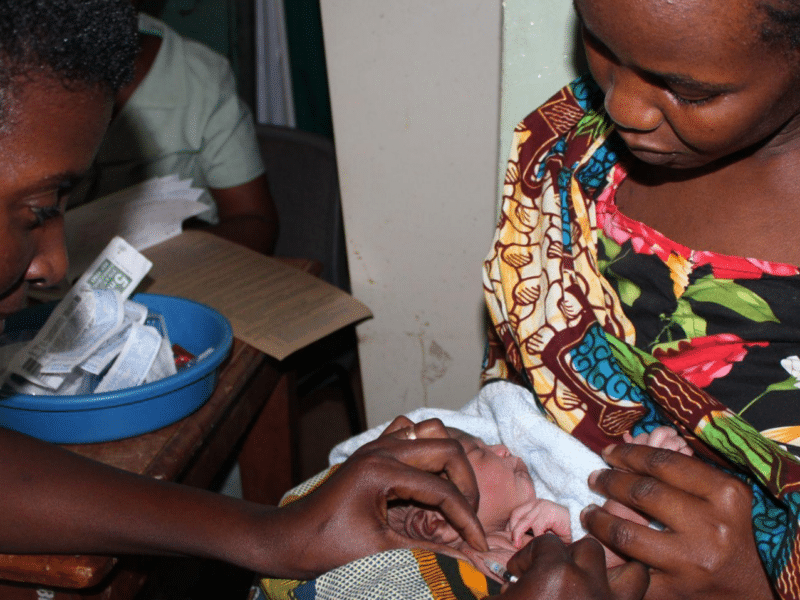After accepting a lockdown and COVID-19 prevention measures in the earliest days of the pandemic in the spring of 2020, many in Côte d’Ivoire soon saw the behaviors – including mask-wearing, keeping distance from others and limiting the size of gatherings – as anti-social and quickly stopped using them.
The findings come from a paper led by the Johns Hopkins Center for Communication Programs and published in PLoS Global Public Health.
The researchers found that as soon as the government of Côte d’Ivoire dropped its strict containment policies and reopened society, despite the continuing threat, many Ivorians felt that it was no longer useful to avoid crowds and wear masks so many stopped. And while they felt that isolation and quarantine, for example, would protect people from spreading COVID, there was too much stigma associated with staying away from friends and family. For economic purposes, they also had to go back to work.
“Côte d’Ivoire is a very social society, where customary greetings, daily interactions, and large social gatherings function to strengthen social cohesion and the individual’s place within society,” says CCP’s Danielle Naugle, one of the study’s authors. “Still, people were able to put aside these norms in the short-term when the government was enforcing preventive behaviors.”
But once the government relaxed its policies, she says, individuals who wore masks, avoided traditional greeting practices or tried to limit the size of a gathering “were labeled with negative attributions such as ‘offensive,’ ‘pretentious,’ or ‘stingy.’ This research told us we needed to change the framing of our public health messages.”
The study, designed to explore people’s experience with and perceptions of the COVID-19 pandemic, was conducted by CCP’s Breakthrough ACTION project. It led 24 focus group discussions and an additional 29 in-depth interviews with members of the general population and health providers in November 2020.
One young man, who knew someone who had gotten COVID, told the researchers that Ivorians just aren’t the kind of people who are willing to keep three feet away from one another, especially when some people doubt the disease poses a real threat. “For me, I think that it isn’t in our customs, we aren’t used to keeping one meter distance,” he said. “We’re used to coming together to work, sitting in the same place, even for eating, we can sit side by side. So it’s not ingrained in us, in our customs, so it is very difficult for us to respect the one meter.”
A woman in a focus group said that distancing in public is far easier than distancing from neighbors, because no one will be offended, even though the risks are the same no matter where you are. “People think that they need to keep a distance from people that aren’t from the family, that aren’t from the neighborhood. So, if you go to a supermarket, you know it’s a measure, so you keep your distance,” she said. “Because you don’t know them, so there it is easy, but in the community, in the neighborhood, in the house, it isn’t easy.”
The researchers suggest that it isn’t enough just to give people the knowledge that these behaviors are likely to prevent them from getting COVID. Messages need to be re-framed to help people understand how using preventive behaviors also protect their loved ones. They also need to see that their traditional, religious, and political leaders are encouraging masking, distancing and hand washing – and actually practicing those behaviors themselves.
“We think that public health messaging around the dangers of COVID to people’s health is enough, but it’s not,” Naugle says. “People aren’t just weighing their physical well-being, but their social well-being.”
Says CCP’s Jorie Nana, another co-author: “How can we reframe our messages in a way that we explain how these behaviors aren’t only to protect you, but to protect others, including family and close friends? We need to tell people it is actually pro-social to adopt prevention measures, that they are thinking about the collective and not just themselves.”
Breakthrough ACTION has since changed the messaging and seen some results since the study took place two years ago.
“The results helped to redirect the messages we developed, particularly to involve community leaders in COVID-19 prevention and to address stigma toward people with COVID-19,” says CCP’s Abdul Dosso, another co-author. These strategies are now being used to promote vaccines in Côte d’Ivoire, which has evolved into the primary focus of Breakthrough ACTION’s COVID work there.
Nana says that the project is actively tracking public perceptions and rumors related to all COVID prevention measures, including vaccination.
CCP has been using this information alongside the study’s insights to inform approach and messaging. For example, CCP has been deploying mass media storylines where characters’ interactions convey care for loved ones as a motivation for prevention. At the same time, CCP has partnered with the right influential leaders in individual communities who can best model the pro-social nature of prevention.
“We are aware that people’s perceptions evolve over time,” says Benjamin Soro, deputy chief of party for Breakthrough ACTION in Côte d’Ivoire. “That is why we are constantly considering new research findings and the rumor tracking system to adapt our interventions and messages in order overcome COVID-19 vaccine hesitancy.”
Says CCP’s Natalie Tibbels, the lead author of the paper: “Vaccination is arguably the best and most important tool to stem the spread of COVID, but it can’t be our only tool. Barriers to prevention behaviors are informed by socio-cultural factors and norms, and we must work to spread empathetic messages that we, as a collective, can fight COVID together.”
The good news: “It’s possible for people to do this,” says Naugle, who points to the early days of the pandemic when people were wearing masks and limiting gatherings.
“In our culture, if you quarantine someone, you stigmatize them: Qualitative insights on barriers to observing COVID-19 prevention behaviors in Côte d’Ivoire” was written by Natalie Jean Tibbels, Abdul Dosso, Kouamé Walter Kra, Konan Dorgeles Gbeke, Gervais Coffi, Alex Romeo Ngoran, Jean Louis Niamke, Marjorie Nana, William Benié, Zoé Mistrale Hendrickson and Danielle Amani Naugle.





